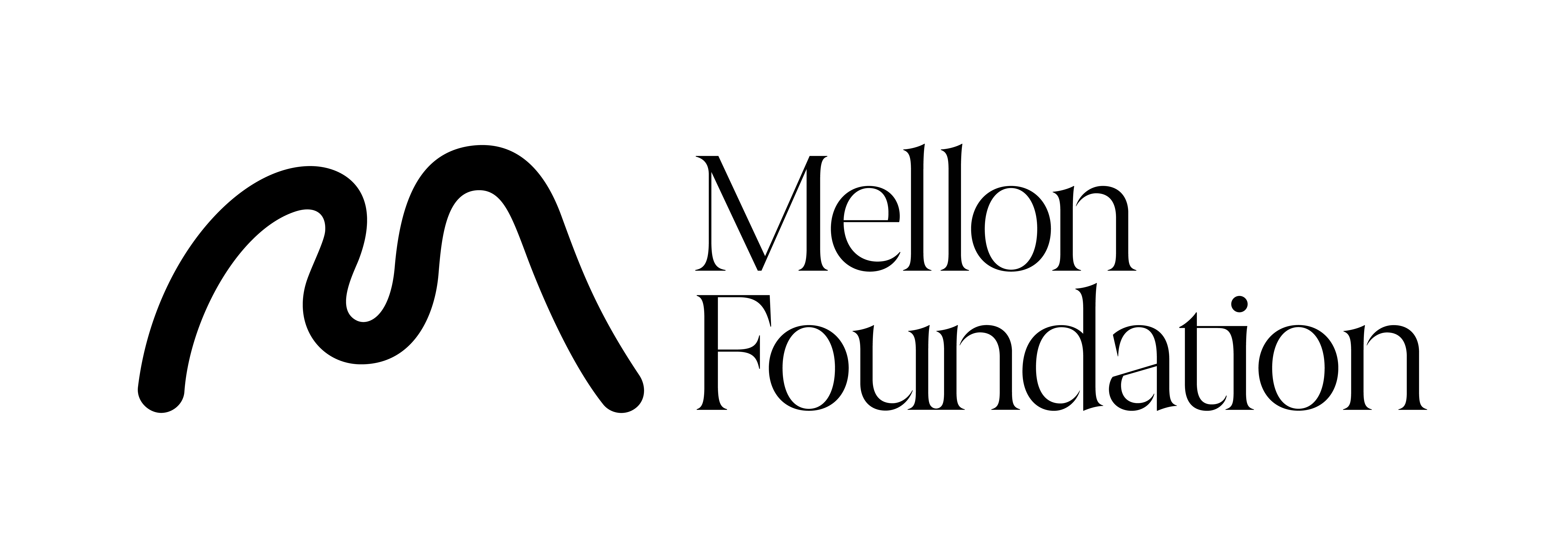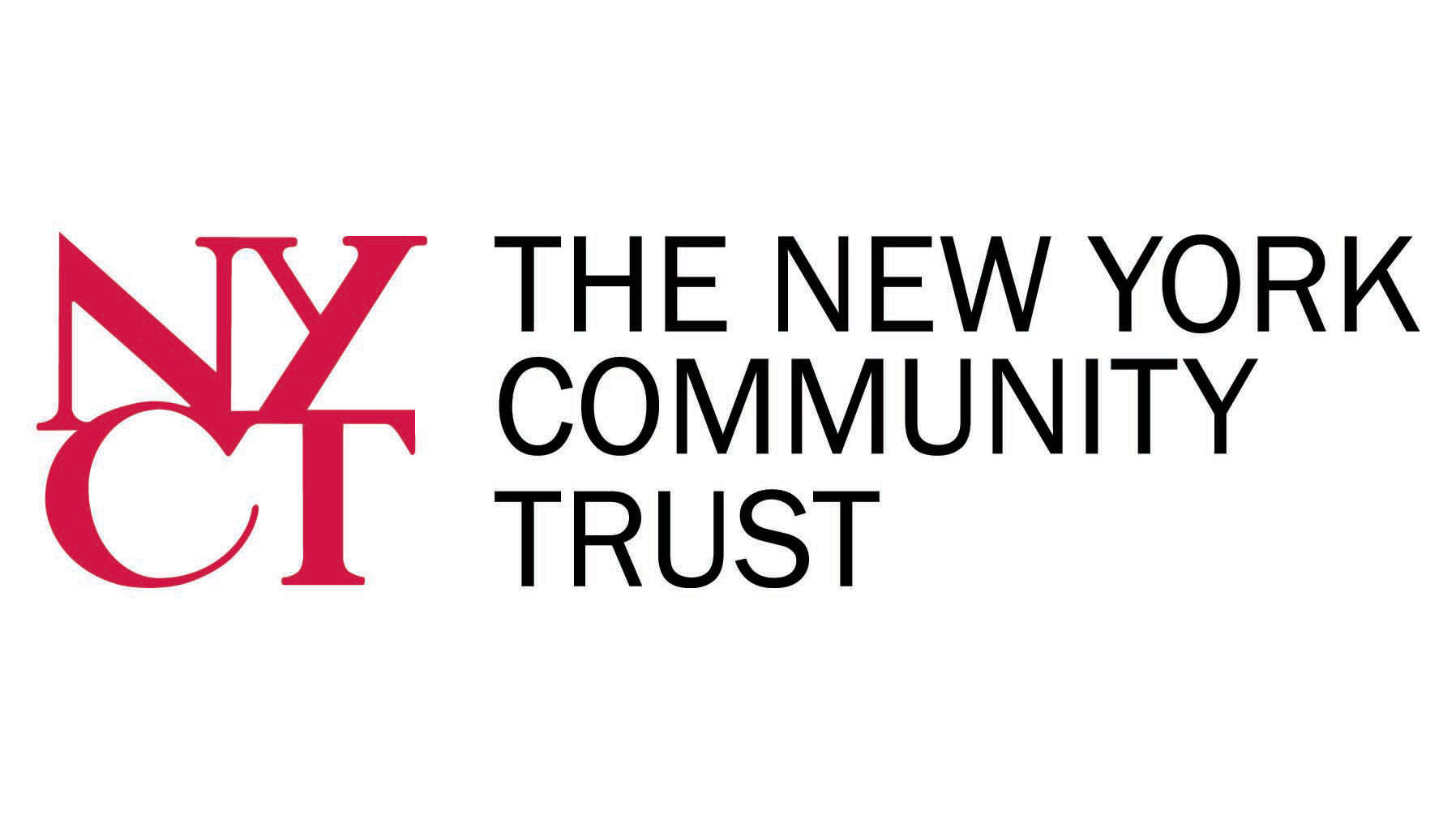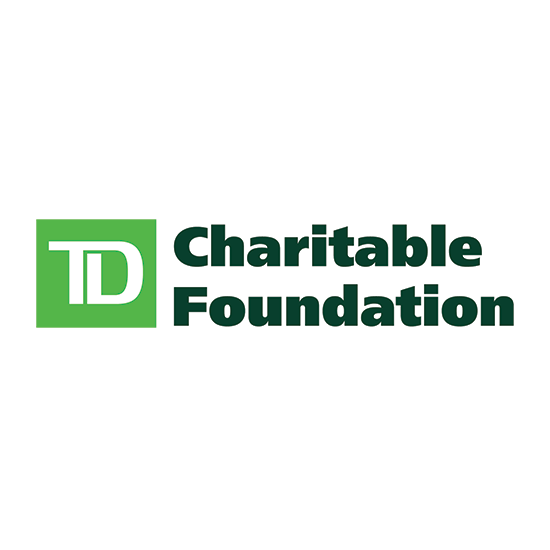Event - Indigenous Cinema: Blood Horrors
Indigenous Cinema: Blood Horrors
10.29.23, 2:00 pm – 4:30 pm
Yellowveil Pictures, still from the film "Blood Quantum" directed by Jeff Barnaby.
Join us for Indigenous Cinema, a three-part film series featuring the programs Blood Horrors on Oct 29, Memories of the Land on Dec 17, and Descending into Motion on Feb 25.
Within the past thirty years, Indigenous cinema has grown to new heights despite the social, economic, and political barriers that Indigenous creators have faced in order to bring their stories to life. What has resulted are extremely creative, innovative, and genre-bending stories that disrupt hegemonic narratives, embody the complexity, history, and experiences of Indigenous communities, and showcase the deep multifaceted talents of Indigenous filmmakers. The films in this three-program series are small windows to those stories, to the collective visioning and world-building created within and by Indigenous communities, from the Nunatsiavut territory to Iximulew to Turtle Island, to here, on Matinecock, Canarsie, Lekawe (Rockaway), and Munsee Lenape land.
The first program, Blood Horrors enters the worlds of Indigenous cinematic horror and genre with Blood Quantum, directed by Jeff Barnaby, an imaginative trailblazer whose work and legacy has forever marked Indigenous cinemas, and the short Happy Thanksgiving directed by Shane McSauby, an Anishinaabe filmmaker whose work creatively explores difficult questions of Indigenous contemporary living.
Indigenous Cinema is curated by Génesis Mancheren Ab’äj (Maya Kaqchikel), actor, filmmaker and co-founder of Tierra Narrative.
Indigenous Cinema film series upcoming program dates:
Program Details:
- Opening short film: Happy Thanksgiving by Shane McSauby (15min)
A Native American man takes a Happy Thanksgiving wish from a bank teller so personally, his rage drives him to carry out a bizarre revenge plan. - Feature film: Blood Quantum by Jeff Barnaby (96 min)
The dead are coming back to life outside the isolated Mi’kmaq reserve of Red Crow, except for its Indigenous inhabitants who are strangely immune to the zombie plague.
The film program will be followed by a conversation about their experiences of filmmaking in their homelands and the role of genre and horror within Indigenous cinema with filmmaker Shane McSauby, producer Savannah Romero and Génesis Mancheren Ab’äj.
Please be advised that Blood Quantum is rated R and contains scenes of violence, gore, and graphic content. This film may not be suitable for all audiences and viewer discretion is advised.
Bios:
ishkwaazhe Shane McSauby is a citizen of the Kchi Wiikwedong Anishinaabek (Grand Traverse Band of Ottawa and Chippewa Indians). Shane was born and raised in Grand Rapids, Michigan and received a Bachelor’s Degree in filmmaking at Grand Valley State University and an MFA inwriting and directing at NYU Tisch School of the Arts. In 2016, Shane became the first Sundance Institute & Native Arts and Cultures Foundation Fellow for his script Mino Bimaadiziwin which included participating in the Sundance Institute’s Native Filmmakers Lab in Santa Fe, NM. Shane’s films have screened around the world including Vancouver International Film Festival and Traverse City Film Festival, Santa Fe International Film Festival and the Smithsonian, as well as many tribal reservations and communities.
Jeff Barnaby was born and raised in the Mi’gmaq community of Listuguj in Quebec and is widely celebrated as redefining Indigenous cinema with elements of magical realism, body horror and sci-fi. Barnaby wrote, directed and edited all of his films, beginning with his 2004 short, “From Cherry English,” which debuted at the Sundance Film Festival. His 2007 film, “The Colony,” premiered as one of the Top Ten at the Toronto International Film Festival that year. In 2010, “File Under Miscellaneous” won the Best Indigenous Language Production Jury Prize from ImagineNative Film + Media Arts Festival, and “Etlinisigu’niet (Bleed Down)” was made for the National Film Board of Canada in 2015. His 2013 debut feature, Rhymes for Young Ghouls, criticized Canada‘s residential school system. Barnaby followed up with the 2019 zombie horror film Blood Quantum, which swept the Canadian Screen Awards, winning six out of its 10 nominations — the most of any film at the awards that year. After a year-long battle with cancer, Jeff Barnaby passed away in October of 2022. Barnaby is survived by his wife, Sarah Del Seronde, and his son Miles.
Génesis Mancheren Ab’äj is a Queer, non-binary Maya Kaqchikel actor and filmmaker, born and raised in New York City. As a screenwriter and director, they are interested in exploring Kaqchikel contemporary stories that include the supernatural, the surreal and the absurd. They are co-founder of Tierra Narrative (TN), an independent production house that focuses on Central American cinema and literature through programming and production. Génesis is currently developing TN’s first feature film, Dólar. In 2022, they participated in Cine Qua Non Storylines Lab and they are a 2023 Sundress Academy for the Arts resident and fellow.
This series is part of The Indigenous Practice Studio (IPS), a new initiative in development at the Queens Museum in partnership with artist and cultural consultant Tecumseh Ceaser. The Indigenous Practice Studio is an experimental program consisting of long-term research, continued learning, programming, and consultation and relationship building with local Native and diasporic Indigenous communities. The Queens Museum acknowledges its occupancy of unceded Indigenous lands and builds towards restorative and non-extractive ways of working with Indigenous artists and communities. IPS reflects the Queens Museum’s ongoing commitment to self-interrogation and recognizes its work as unfinished, with this effort as a starting point.
Supporters
The Indigenous Practice Studio (IPS) is made possible with support from the Mellon Foundation, New York Community Trust and the TD Charitable Foundation.


